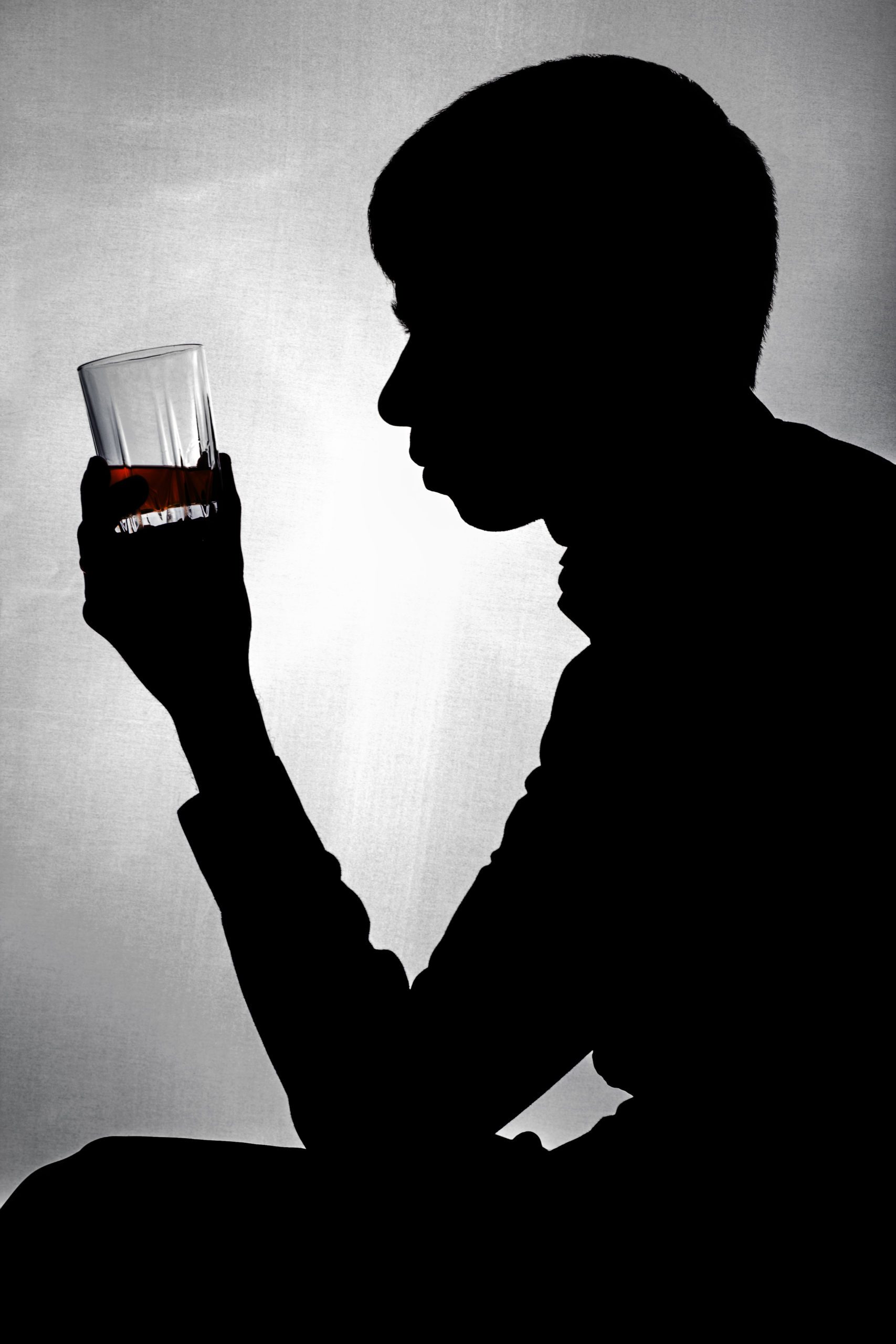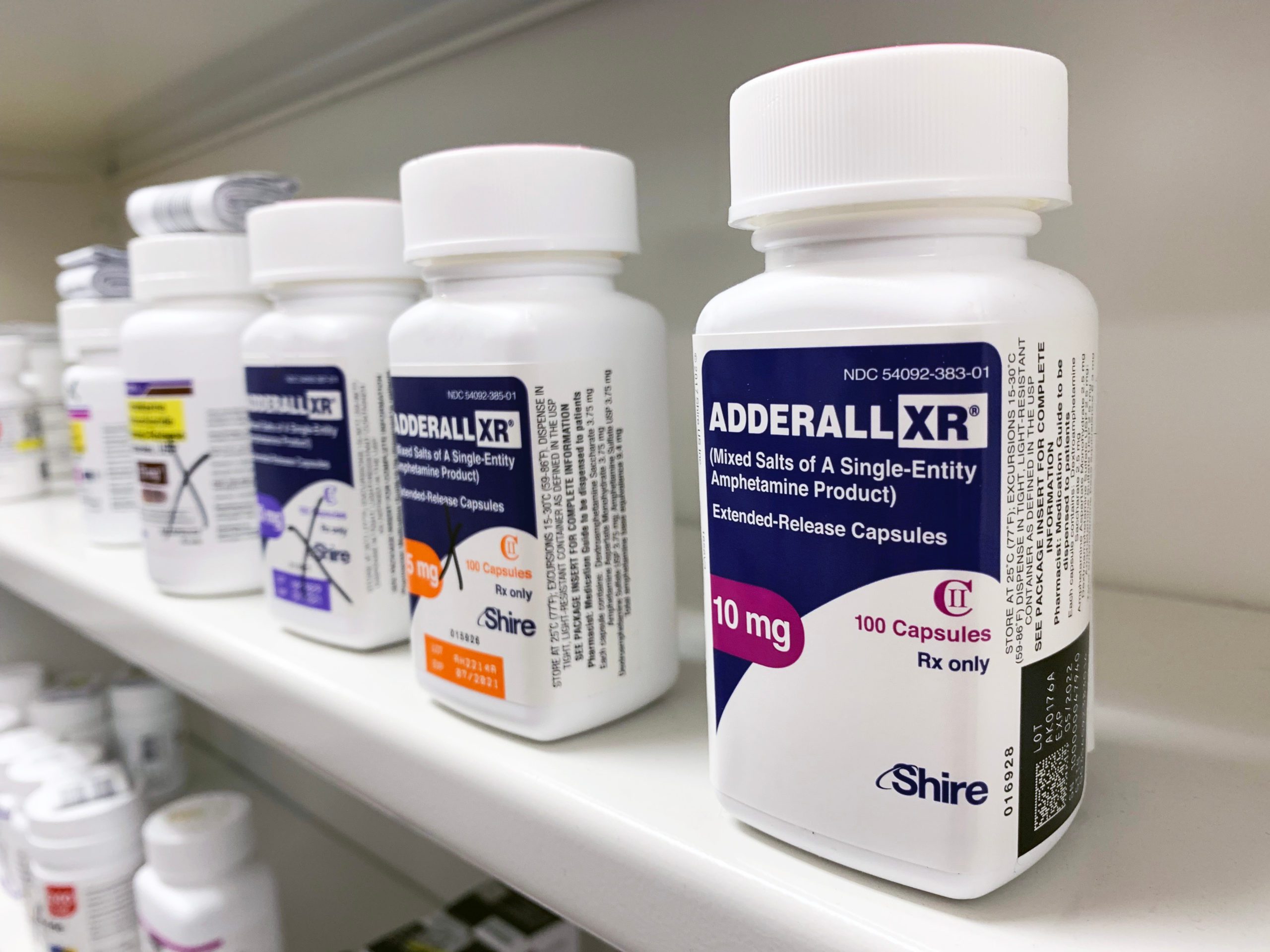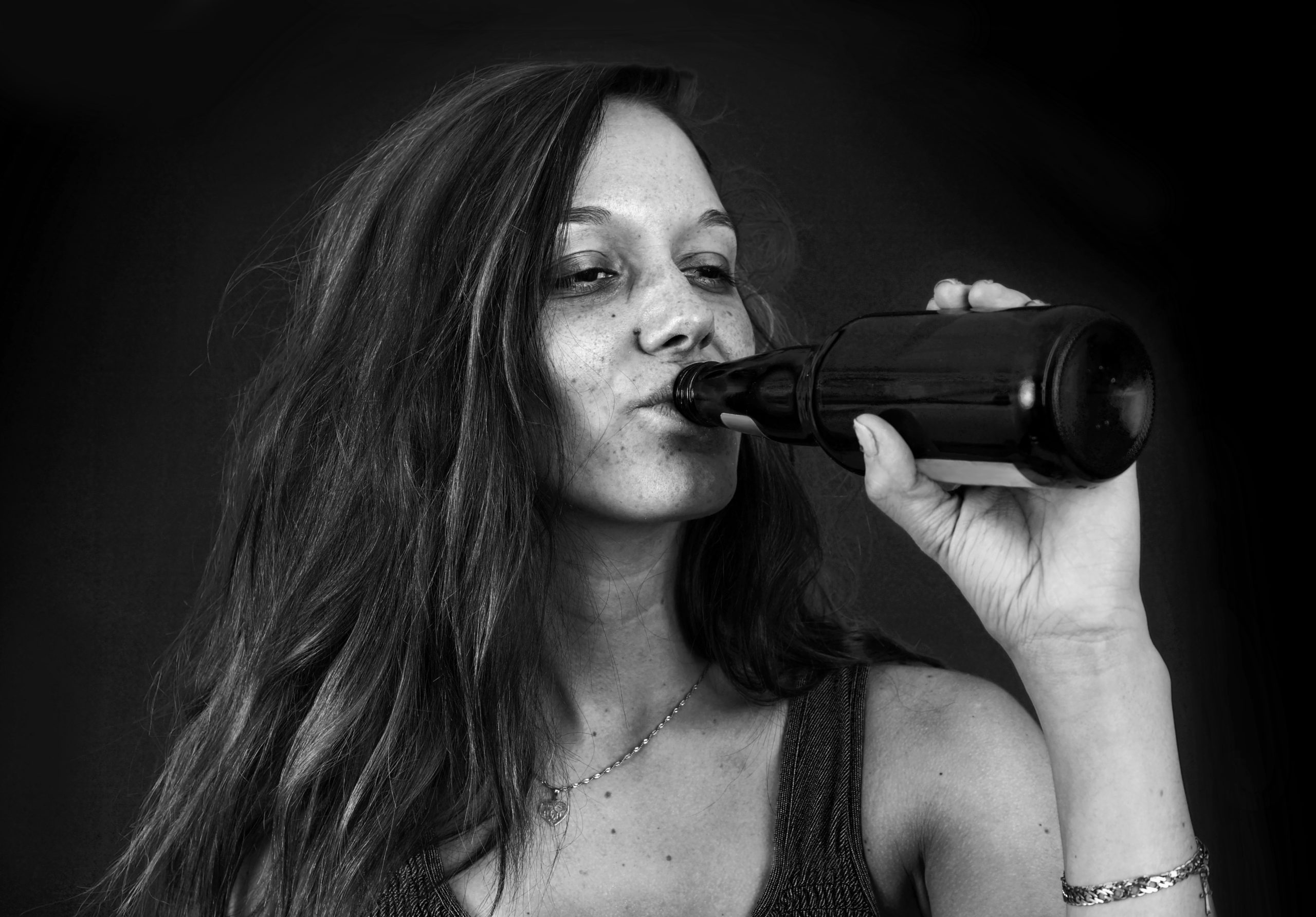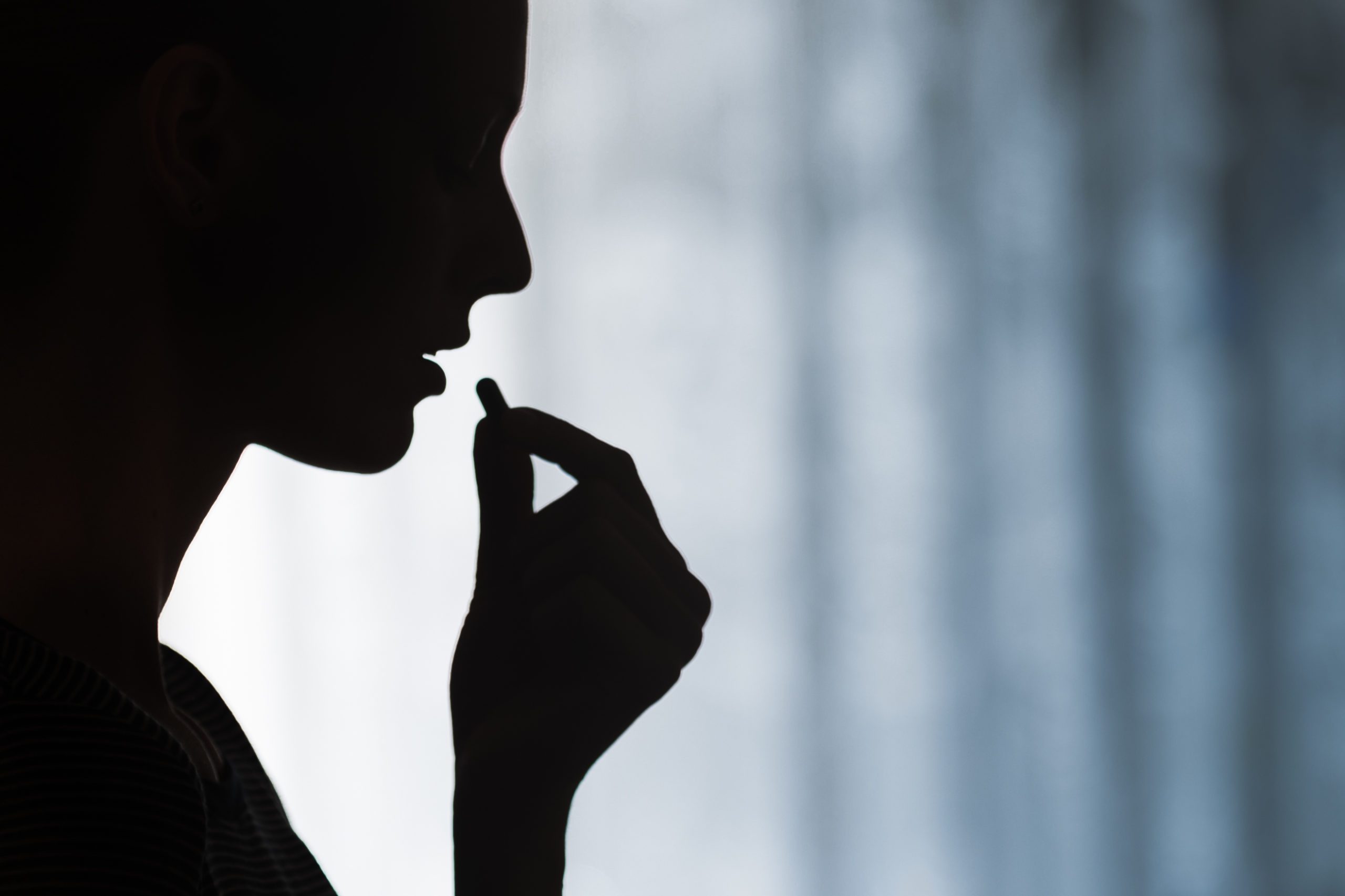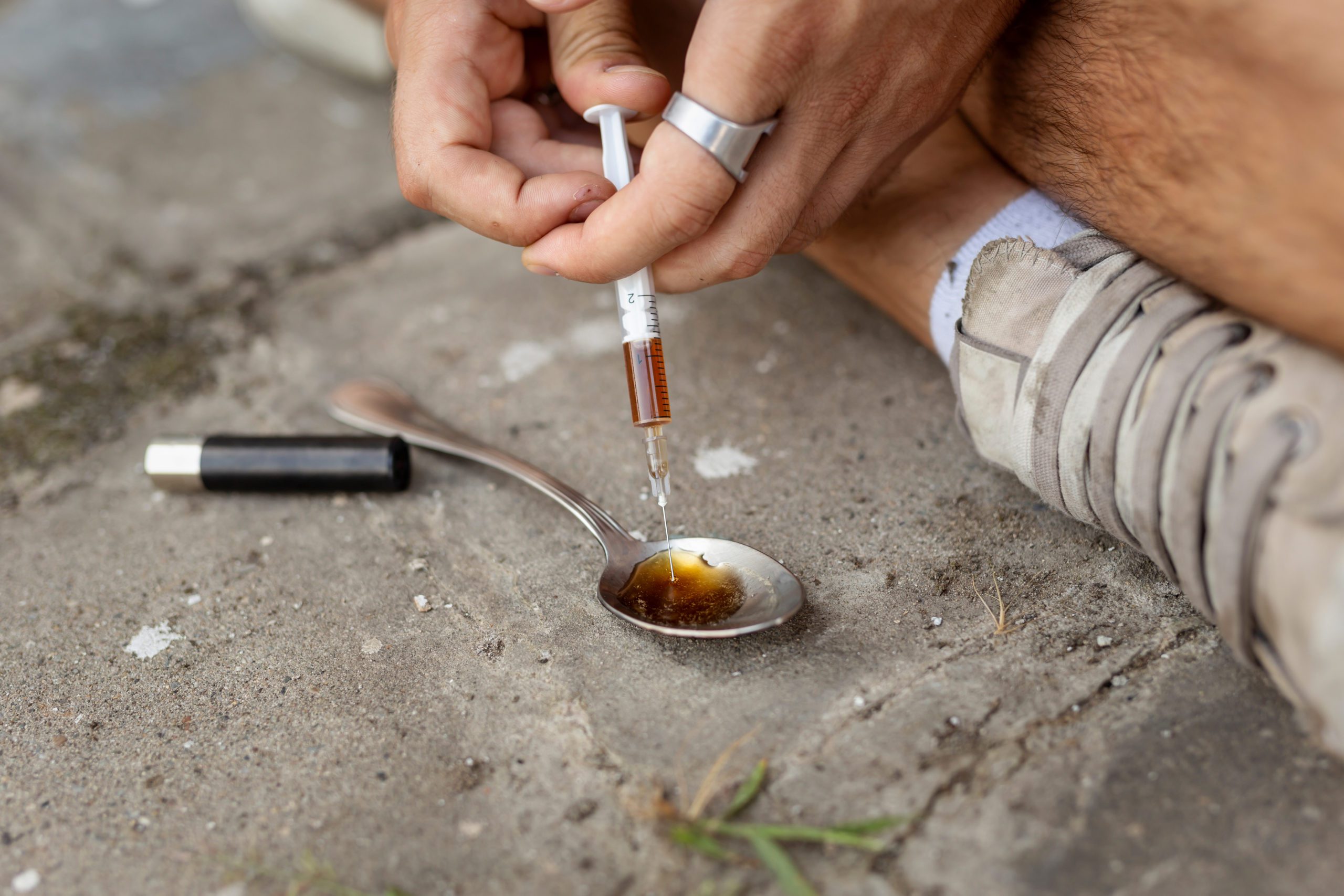The relationship between anxiety and depression is deep, they are both closely entangled with each other and both prevalent mental health conditions in patients suffering from addiction. In fact, so close is the relation that 73% of persons with major depression simultaneously experience lifetime anxiety disorders, while 27-77% of those with anxiety as their principal disorder will develop a lifetime diagnosis of depression.
In order to understand their relationship, we must first break down what each of them means and how they affect us.
What is Depression?
Depression is a mood disorder that affects the way people feel, think, and react to things. The disorder is associated with lower moods and, in the worst of cases, a lack of will to live.
Ups and downs are normal in life; however, depression is usually characterized by extended and accentuated periods of depressive symptoms (over two weeks long). Depression can be developed under many circumstances, from life events to brain chemistry imbalances induced by substance abuse.
Common symptoms of depression include:
- Persistent sad or anxious mood
- Hopelessness and pessimism
- Irritability, frustration, and/or restlessness
- Loss of interest, pleasure, and willfulness
- Lower energy levels
- Troubled sleeping patterns
- Changes in appetite
- Pains, headaches, and cramps that are not eased with treatment
- Thoughts and attempts to take one’s own life
What is Anxiety?
Anxiety in its simplest form constitutes a state of worry and/or fear, like depression, it’s normal to experience a degree of anxiety in our lives without having to worry that it may be a serious medical condition; however, there are those whose symptoms of anxiety are so grave and long-lasting that they are considered to have an anxiety disorder.
Similar to depression, when symptoms of anxiety are grave and long-lasting, they are so overwhelming that they impair those suffering from it from carrying on with their lives doing normal things such as working or taking care of their families.
Anxiety can come from many places such as stress from work, and of course substance abuse.
Common symptoms of anxiety include:
- Panic attacks
- Shortness of breath
- A racing heart and mind
- Sweating
- Disturbed sleep patterns
- Feeling pins and needles
- Tremblings
- Stomach ache or emptiness
- Excessive fear and worrying that impairs activities
- Feeling powerless
- Difficulty concentrating
What is the Relationship Between Depression and Anxiety?
The relationship between anxiety and depression can be observed at a glance when we observe its symptoms, while the two are different, some of their symptoms may be similar. Patients with diagnoses of both disorders tend to experience more severity in each diagnosis.
Both disorders have an entangled relation that works in some ways like a cycle, when patients get anxious and worried, they feel bad about it and depression hits, this is why the chances of acquiring depression are much higher when anxiety exists. The same goes for depression when people are depressed they usually have feelings of fear, worry, and anxiety which ends up also developing an anxiety disorder.
The relationship between anxiety and depression accentuates both disorders when they are combined, presenting the patient with difficult complications. Most treatment centers are prepared to deal with dual diagnosis that treat both addiction and mental disorders. If you or a loved one is experiencing symptoms of a mental disorder along with addiction it’s important to contact a recovery expert and seek help right away.
Get Help at Outpatient LA
Anxiety and depression can both be debilitating mental disorders that can make it difficult for an addict to get well. If you or a loved one is having symptoms of depression or anxiety while abusing substances then you are likely suffering from a dual diagnosis, if so, then it’s important to get help. Finding a recovery center with the right recovery treatments will ensure a smooth transition to sobriety.
Outpatient LA is a premiere outpatient drug treatment center in Los Angeles, California. Outpatient Los Angeles will arm you with the tools you need to overcome addiction in the real world.
Contact Outpatient LA today and find out how we can help!





